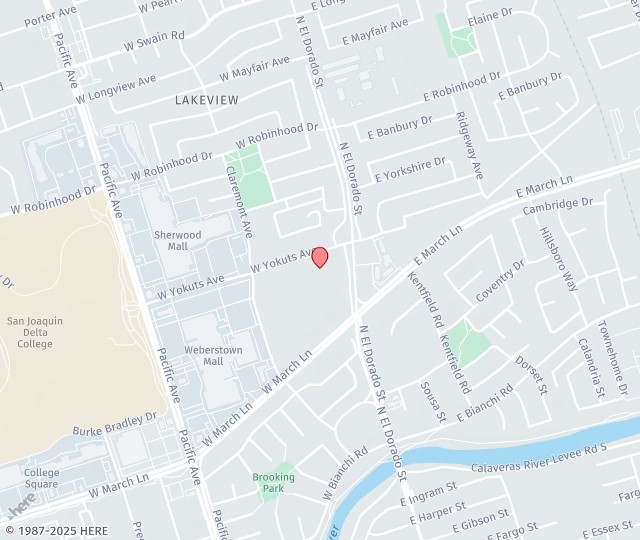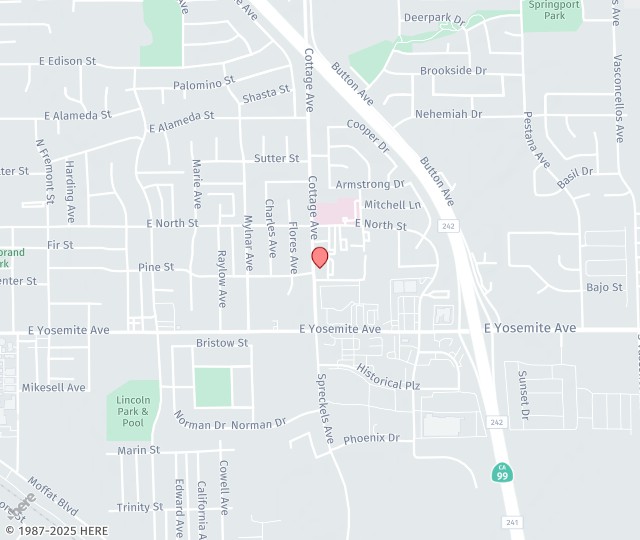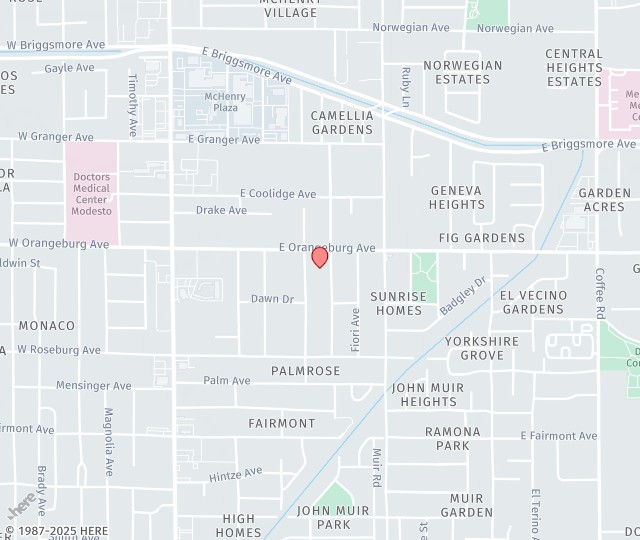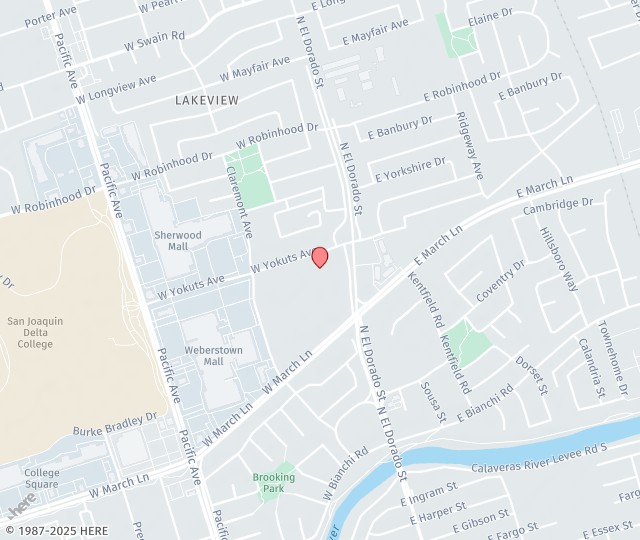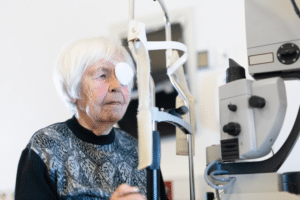
The best treatment for diabetic retinopathy is early diagnosis, which includes knowing your risk factors and how to recognize the signs of this condition.
Risk Factors for Diabetic Retinopathy
It’s important to note that more complications may arise from diabetes with time, such as diabetic retinopathy. This condition can occur in people with type 1, type 2, or gestational diabetes (pregnancy-related diabetes). Additional risk factors include:
- Elevated glucose levels in the blood
- High cholesterol
- High blood pressure
- Smoking
- Pregnancy
African-Americans, Hispanics or Latinos, and Native Americans or Alaska Natives may also be disproportionately affected by this issue.
Warning Symptoms
Symptoms of diabetic retinopathy are uncommon in its early stages. Some individuals begin to see changes in their vision, such as having difficulty reading or seeing things that are at a distance.
In advanced stages of the illness, bleeding from the retinal blood vessels occurs in the vitreous, also known as the vitreous body, which is the gel-like fluid that fills the eye. As a result, you might notice cobweb-like black patches or streaks floating in your vision. Other symptoms include:
- Pain or pressure in either or both eyes
- Irregular, blocked, blurred, or fluctuating vision
- Gaps or dark spots in your vision
- Problems with peripheral vision
- Loss of sight
Find Eye Care for Diabetic Retinopathy in Stockton, CA
If you are experiencing any symptoms related to diabetic retinopathy or any other diabetic eye disease, visit Central Valley Eye Medical Group for a comprehensive eye exam. Depending on your specific condition, minimally invasive and surgical treatment options are available, such as anti-VEGF injection therapy, scatter laser treatment, and vitrectomy. To schedule an appointment, contact (209) 952-3700 today.
